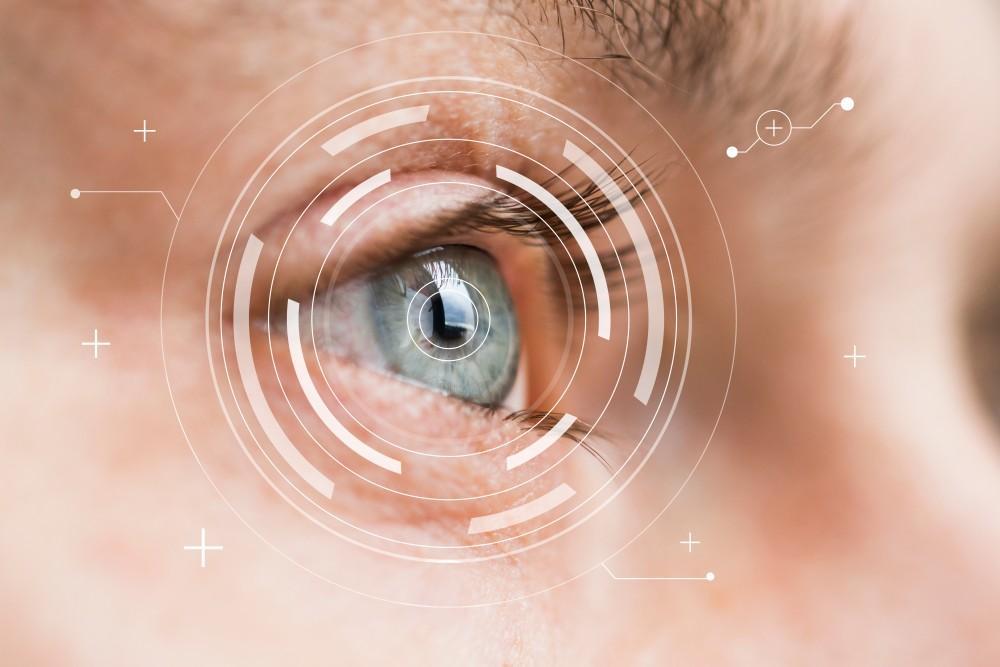
3 Vision Problems That Refractive Surgery Corrects

You may have worn glasses or contact lenses for a long time, but you’d love to be free of them. Keeping track of your glasses can be one more annoyance you’d rather not have. The routine involving contact lenses is tiring.
Eye surgery has advanced tremendously in recent years. Now you have the option of refractive eye surgery, which can eliminate your need for glasses or contact lenses.
Dr. Stephen Khachikian, a board-certified ophthalmologist in Rapid City, South Dakota, provides expert vision correction options through refractive surgeries. Here are three common vision problems that refractive surgery corrects.
What is a refractive error in my eye?
Your retina carries vision signals to your brain, which interprets the messages. You see them as images. You can benefit from refractive surgery if you have a refractive error in your eye — meaning your eye isn’t allowing light rays to bend as they should in order to reach the retina and provide clear images.
Dr. Khachikian corrects these three vision problems with refractive surgery.
Nearsightedness (myopia)
Do you have trouble reading traffic signs until you’re pretty close to them? If objects far away are blurry, you’re nearsighted. With normal vision, the light rays converge to a point on your retina. If you’re nearsighted, the light rays cross in front of your retina.
If you think of an eye with normal vision as a round ball, when you’re nearsighted, the shape is more of a horizontal oval or you have a steeper cornea than normal. Refractive surgery reshapes the cornea to a normal curve so your distance vision improves.
LASIK (laser-assisted in situ keratomileusis) is a refractive surgery that treats nearsightedness successfully. More than 90% of patients achieve 20/20 vision, and 99% reach 20/40 vision.
Farsightedness (hyperopia)
Is it difficult for you to read the fine print on a medicine bottle? Do you end up squinting to try and focus? You have farsightedness if you have no problem seeing objects in the distance but it’s challenging to see clearly during tasks close at hand such as reading.
When you’re farsighted, instead of the light rays meeting at a point on the retina, they meet behind it, so you have blurred vision when viewing objects at close range. Instead of being a round shape, your eyeball is compressed into a shorter shape or your cornea isn’t curved enough.
LASIK surgery success rates for farsightedness are similar to those for nearsightedness. Patient satisfaction is around 98%.
Astigmatism
You can have an astigmatism along with nearsightedness or farsightedness. If you have an astigmatism, your cornea isn’t evenly curved. Instead of light rays creating one focal point, astigmatism can produce focal points in two different places. Your vision may become blurry when looking at objects close by as well as objects that are far away.
Dr. Khachikian uses refractive surgery, either LASIK or PRK (photorefractive keratectomy), to reshape your cornea. He advises you which surgery is suitable for you. The good news is that he can correct the astigmatism at the same time as he’s performing surgery to correct nearsightedness or farsightedness.
Refractive eye surgery can free you from glasses and contact lenses. Call the office of Dr. Stephen Khachikian or book an appointment online today for expert vision care. You’re in safe hands.
You Might Also Enjoy...


I’m Not a LASIK Candidate. What About PRK?

Telltale Signs Your Eye Problem Is a Cornea Issue

Why Are Cataracts Common In Seniors?

Can You Prevent Keratoconus From Getting Worse?


